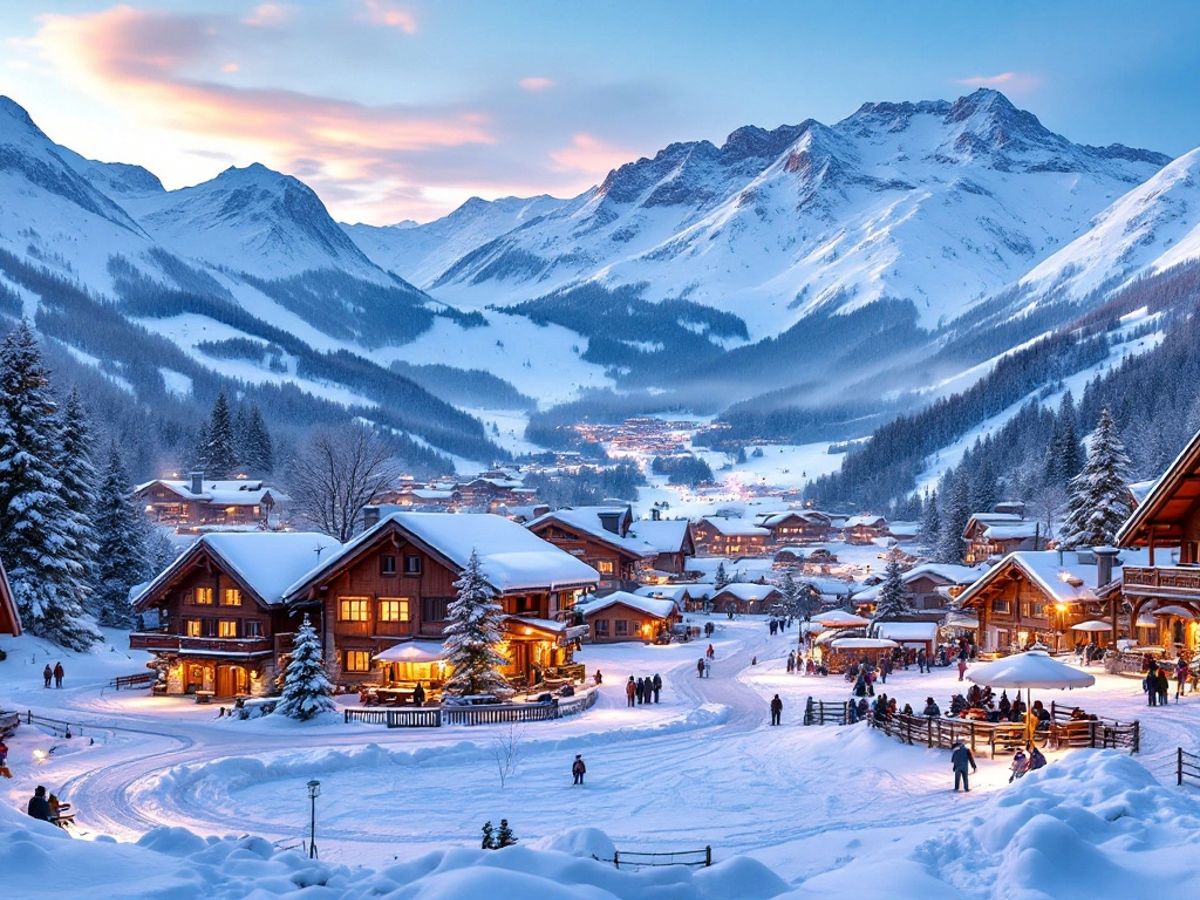Bulgaria is gearing up for a bustling winter season, expecting to welcome more than 1.9 million foreign tourists. This optimistic forecast comes from Evtim Miloshev, the Minister of Tourism, who highlighted a 5% increase in the tourism sector throughout the year.
Key Takeaways
- Bulgaria expects over 1.9 million foreign tourists this winter.
- The tourism sector has seen a 5% increase in volume this year.
- Infrastructure challenges remain a concern for ski resorts.
- The country is focusing on attracting tourists from neighboring countries.
Tourism Growth Amid Challenges
The anticipated influx of tourists is a positive sign for Bulgaria’s tourism industry, which has been recovering steadily. Miloshev noted that the overall volume of the tourism product has increased by approximately 5% this year. This growth is attributed to various factors, including improved marketing strategies and a shift in tourist demographics.
Infrastructure Issues
Despite the optimistic outlook, Miloshev pointed out several infrastructure challenges that need addressing. Key issues include:
- Ski Facilities: While investments in ski resorts are ongoing, Bulgaria still lags behind Western Europe in terms of development and amenities.
- Road Conditions: The road from Sofia to Samokov, a key route for accessing Borovets, is in poor condition, complicating travel for tourists.
- Parking Shortages: Popular resorts like Pamporovo face significant parking issues, which could deter visitors.
Changing Tourist Demographics
Miloshev emphasized that the geography of tourist arrivals has shifted, particularly due to geopolitical events. The ongoing conflict in Ukraine and tensions in the Middle East have influenced travel patterns, leading to an increase in visitors from Romania and Poland. Additionally, the minister noted that British tourists are expected to contribute significantly to the winter season’s numbers.
Future Prospects
Looking ahead, Miloshev expressed optimism for 2024, predicting it will showcase the best tourism indicators yet. He believes that the Balkans have the potential to be marketed as a unified destination, appealing to tourists from both the Americas and Asia. Efforts are being made to enhance air connectivity, which is crucial for attracting international visitors.
Conclusion
As Bulgaria prepares for a promising winter season, the focus remains on overcoming infrastructure challenges and enhancing the overall tourist experience. With a strategic approach to marketing and a commitment to improving facilities, Bulgaria aims to solidify its position as a competitive winter destination in Europe.






